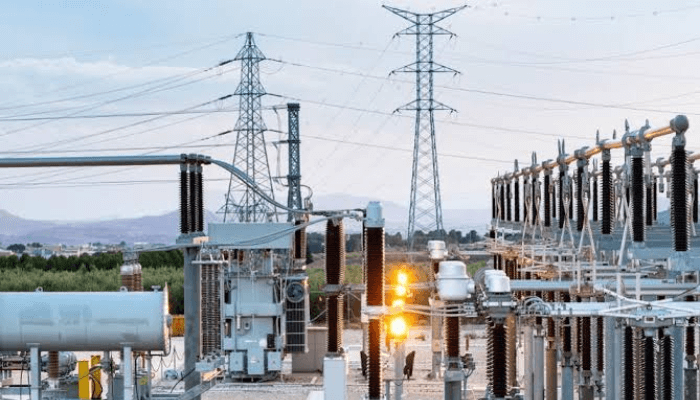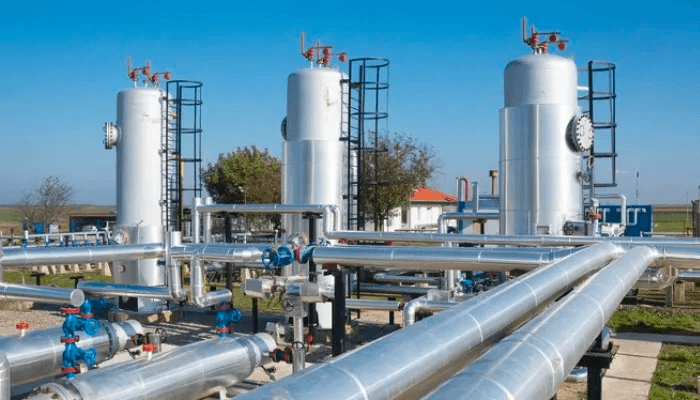This is the sixth part of my concluding articles and the 27th in my series of articles on the power sector. The fifth, published last week, considered the need for a comprehensive renewable energy strategy, against the background of the global surge in renewable energy and its fast adoption rate in Nigeria. The current article zeroes in on privatisation, which has been a recurring theme in my series on the power sector. The privatisation of all government public assets in the power sector is literally an absolute necessity and inevitability, if we desire a relatively quick and cost-effective turnaround in the Nigerian power sector. And it needs to be done with a sense of urgency. This is an argument that needs to be made again and again until it does not only make sense, but it is embraced at the right quarters.
Read also:┬ĀNigeriaŌĆÖs power sector: The way forward (part one)
There is however a need to explain what I mean by ŌĆśfully privatise the power sector.ŌĆÖ I mean the 100 percent divestment or selling of all public sector equity interests in the power generating companies (GenCos) and power distribution companies (DisCos) and the Transmission Company of Nigeria (TCN) or its successor companies, Nigerian Independent System Operator Ltd (NISO) and the Transmission System Provider (TSP), and/or the appointment of a concessionaire or management contractor to run and manage the transmission companies, NISO and TSP and similarly the appointment of concessionaires to manage the hydropower dams on a public private partnership (PPP) bases.
A good example of a fully privatised national power sector is the United Kingdom. Its numerous power generating companies, six power distribution companies called Distribution Network Operators (DNOs) and three Transmission Network Operators (TNOs) are all privatised and privately owned and operated. In addition there are various Offshore Transmission Operators (OFTOs) and various Interconnection Operators (IOs) ŌĆō all privately owned. Of note also is that most of BritainŌĆÖs power assets are owned by foreign investors from France, Spain, Germany Qatar, United States and Canada, among others. However, on October 1, 2024, the United Kingdom government nationalised the National Grid plc Electricity System Operator (National Grid Plc ESO) and created a new publicly owned National Energy System Operator (NESO) with the key objectives of supporting the governmentŌĆÖs energy security plan, reduce electricity bills in the long term and drive the achievement of UKŌĆÖs decarbonisation or clean energy goals. The new entity is to serve as the independent system operator and planner (ISOP) and is to among other things coordinate electricity and gas network planning. However, it should be noted that National Grid Plc, which is a private business entity, remains the operator of the national grid backbone, the physical transmission asset or transmission infrastructure owned by the three Transmission Network Operators (TNOs). Thus, the UK government or the newly nationalised NESO does not own any power transmission assets.
ŌĆ£However, it should be noted that National Grid Plc, which is a private business entity, remains the operator of the national grid backbone, the physical transmission asset or transmission infrastructure owned by the three Transmission Network Operators (TNOs).ŌĆØ
The following therefore are the justifiable reasons the Nigerian power sector should be fully privatised:
1. The November 2013 privatisation exercise was partially done, involving 100 percent of the shares of the power generating companies (GenCos) and 60 percent of the shares of the power distributing companies (DisCos), excluding the Transmission Commission of Nigeria (TCN) and the 10 National Independent Power Plants (NIPPs) in the Niger Delta jointly owned by the three tiers of government.
Read also:┬ĀNigeriaŌĆÖs power sector: The way forward (Part 2)
2. Full privatisation of the DisCos through selling the 40 percent of their equity currently being held by the three tiers of government on the stock exchange through an Initial Public Offer (IPO) will solve the present liquidity problem of the DisCos. They will then be able to raise short-term funds in the money market for their cash flow requirements and mobilise long-term capital for expansion and upgrade of their infrastructure, thereby minimising Aggregate Technical Commercial and Collection (ATC&C) Losses.
3. Full privatisation of the power sector will send the right signal for both domestic and foreign direct investment (FDI) to flow into the sector.
4. Governments (federal, state, and local) do not have the enormous financial resources in terms of tens of billions of dollars or more required to re-equip, expand, and refire the power sector.
5. Full privatisation of the power sector will save the Federal Government trillions of naira of budgetary allocation every year that can better be deployed elsewhere.
6. Full privatisation will promote accountability, transparency, and improved governance in the power sector and enhance value for money, ensure timely completion of projects, minimise cost overruns, and eliminate waste.
7. Full privatisation of the power sector will accelerate power generation and enable tens of thousands of megawatts (MW) to be generated by many private power plants/independent power plants within a relatively short period of time and provide the billions of dollars needed to expand the transmission backbone.
8. Full privatisation of the power sector will enable industry-wide strategic planning that will be aligned with the national industrial aspiration of Nigeria to become the factory for West and Central Africa and beyond within five years and a newly industrialised country within a decade, as well as an export-led growth strategy that within ten years will dethrone oil and gas as the leading foreign exchange earner for Nigeria. Private sector commitment, efficiency, resources, and resourcefulness will ensure that the strategic plan is not just aspirational but ambitious and yet realisable.
Read also:┬ĀNigeriaŌĆÖs power sector: The way forward (Part three)
9. Privatisation will enable Nigeria to take timely advantage of the rapidly closing window of opportunity for financial and investment flows for fossil fuel projects, specifically, in NigeriaŌĆÖs case, gas investments and investments in gas-fired power stations. Although gas is our adopted transition fuel or energy, we have been very slow in investing in gas-fired turbines for power generation, primarily because of the poor business environment for private sector investment in the power sector and the ingrained or literal visceral hostility towards privatisation in the power sector.
10. Privatisation will enable the Nigerian power sector to fire on all cylinders and trigger an industrial revolution or manufacturing renaissance and boost our gross domestic product (GDP) growth rate to 7-8 percent or possibly double digits and breathe life into President Bola Ahmed TinubuŌĆÖs aspiration for a trillion-dollar Nigerian economy by 2030.
The most major reason for a weak Nigerian economy and the main reason why we are the fourth largest and not the largest economy in Africa is our weak, tottering, and incapacitated power sector. It is not a surprise that South Africa (S$410.338bn) is the largest economy in Africa, followed by Egypt (US$347.342bn) in second place, Algeria (US$298.885) in third place, and Nigeria (US$188.271bn) in fourth place, according to 2025 IMF nominal GDP statistics. Their grid-transmitted power supplies are, correspondingly, South Africa, about 58,000 MW; Egypt, 59,680 MW; Algeria, 22,590 MW; and Nigeria, about 6,000 MW. It is obvious there is a close correlation or a strong relationship between a nationŌĆÖs power generation capacity and its GDP. Full privatisation is NigeriaŌĆÖs most assured route to transforming our power sector and, by extension, our national economy for fast-paced GDP growth.
┬Ā
Mr Igbinoba is Team Lead/CEO at ProServe Options Consulting, Lagos.











